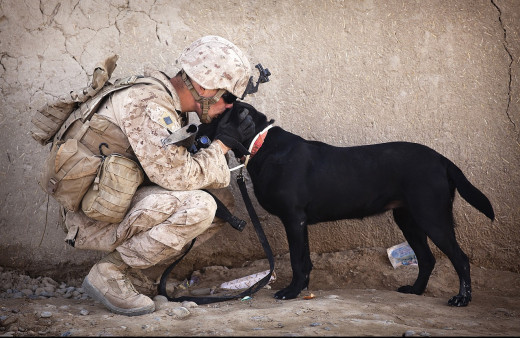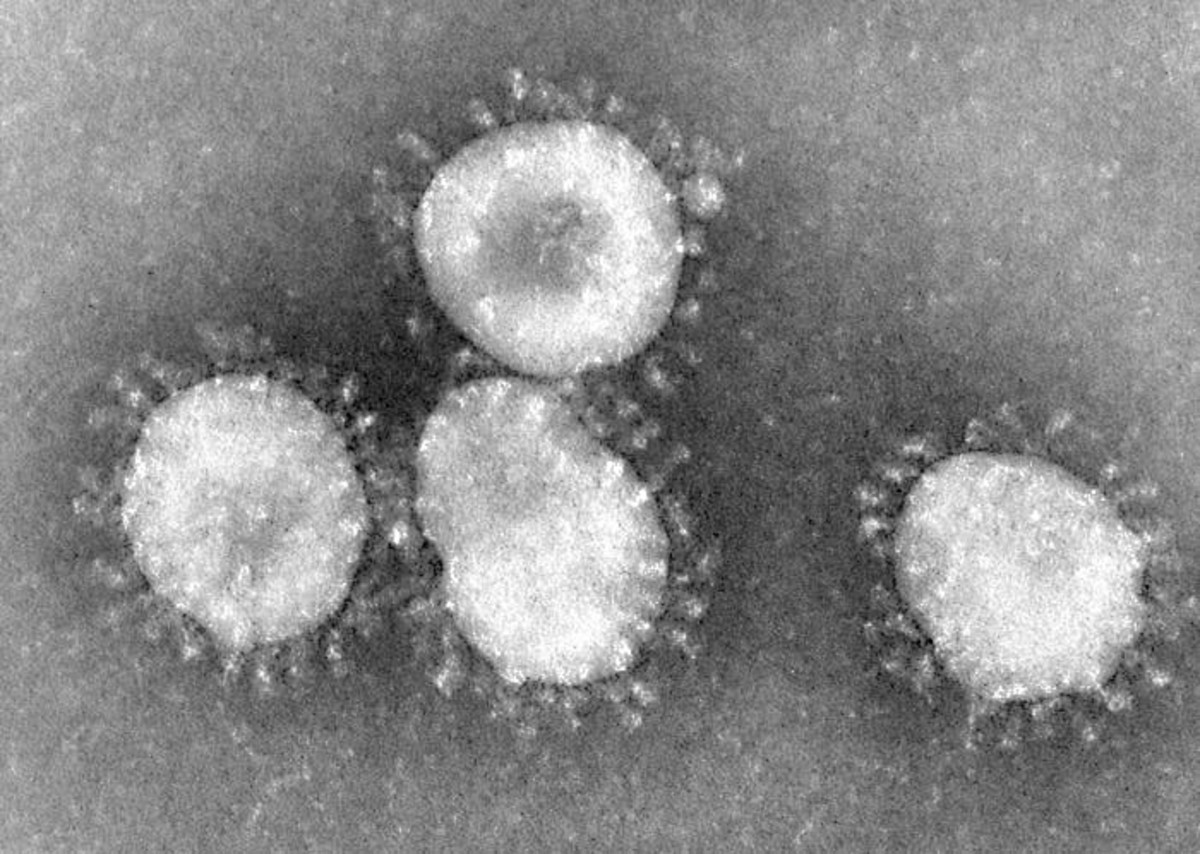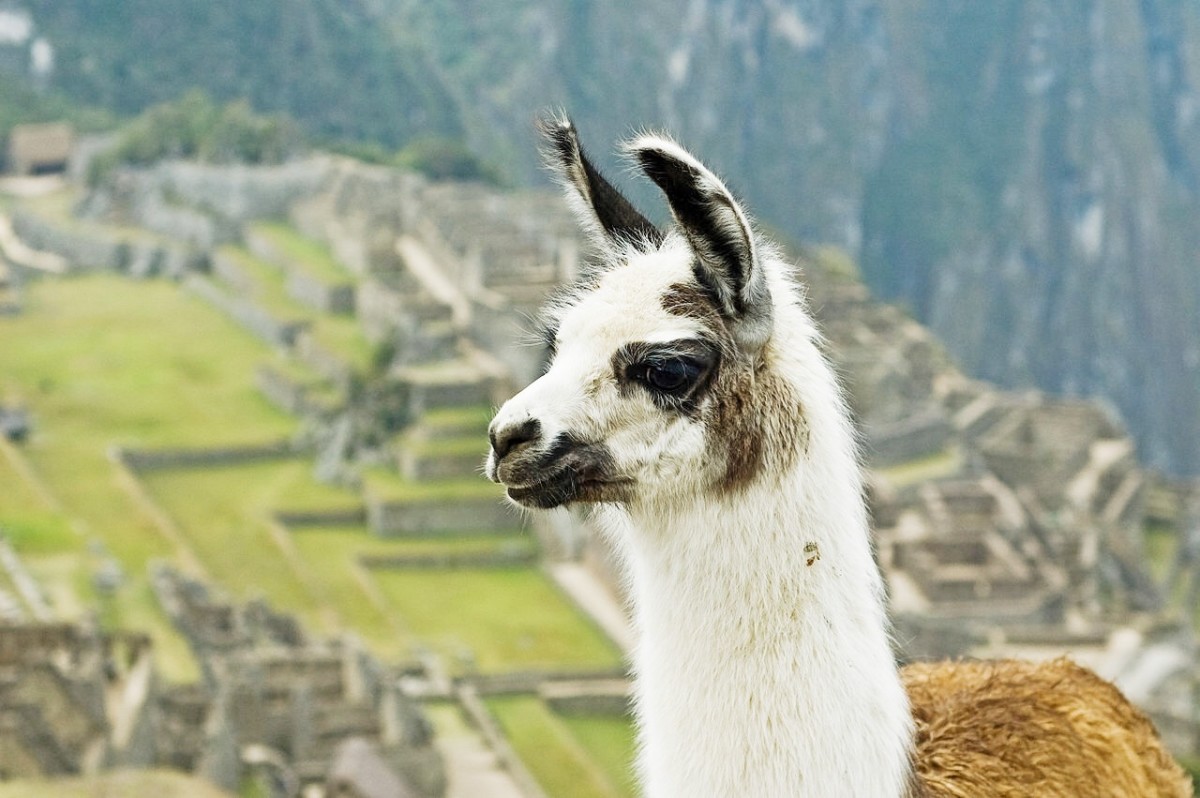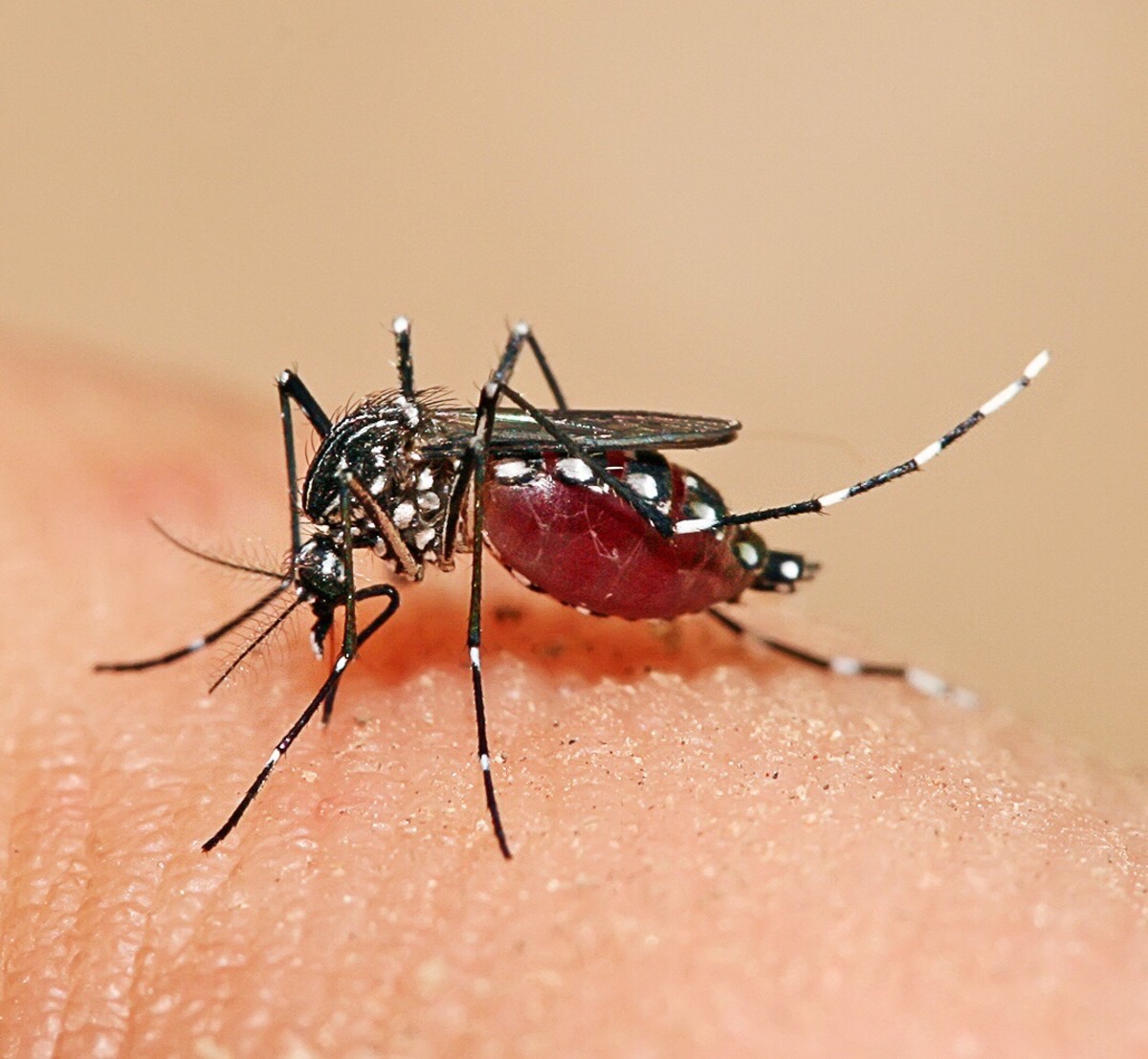Can Pets Get or Spread Coronavirus Disease (COVID-19) to Other Animals or Human Beings?
Pet owners are worried whether the new strain of coronavirus that erupted from Wuhan City in China in December 2019 is capable of infecting their pets.
Currently, the new breed of coronavirus, Severe Acute Respiratory Syndrome Coronavirus 2 (SARS-COV-2) is known to spread through liquid (respiratory) droplets when a person infected by the coronavirus sneezes or coughs. This is the main mode of transmission of the virus. The less frequent mode of transmission is when an individual touches a surface that has been contaminated by the virus.
Infection by SARS-COV-2 leads to contraction of coronavirus disease 2019 (COVID-19). COVID-19 is an infectious respiratory disease. In the advanced of the disease, a person will experience difficulty breathing due to infection of the lungs by the virus.

What are Coronaviruses?
Coronaviruses refer to a family of viruses that are capable of infecting animals and humans. Once animals or humans are infected with a coronavirus, they become ill. Coronaviruses usually infect animals (circulate in animals). In rare circumstances, a coronavirus can jump from an animal to infect a human being.
There are two instances when coronaviruses have jumped from animals to infect humans. This occurred in 2002 and 2012 when Severe Acute Respiratory Syndrome Coronavirus (SARS-COV) and the Middle East Respiratory Syndrome Coronavirus (MERS-COV) were identified by scientists in China and Saudi Arabia, respectively.
Scientists identified bats as reservoir hosts of both viruses. Civet cats and dromedary camels acted as intermediate hosts which made it possible for the two strands of viruses to infect humans.
Scientists are still studying which animal(s) acted as intermediary of the new kind of coronavirus. Furthermore, it is not known which animal is the natural reservoir of the novel coronavirus though scientists think bats are the initial host of the virus. The thought behind the assumption is that SARS-COV-2 resembles SARS-COV as they belong in the same family of coronaviruses even though they are two different types of viruses.
Can Pets Transmit Coronavirus Disease 2019 to Other Animals or Humans?
As of to-date, there is no evidence to suggest companion animals, pets or livestock can transmit the disease. The World Health Organization (WHO) states there is no proof to show that pets or companion animals can become ill with the virus or can infect animals or humans with coronavirus disease (COVID-19).
In late February 2020 in Hong Kong, a Pomeranian dog whose owner tested positive for SARS-COV-2 tested 'weak positive' for the virus. The Hong Kong health authorities stated this incidence is a case of human to animal transmission. They declared it is not possible for pets to infect humans thus people shouldn't be worried by this incidence.
The 17-year old dog didn't exhibit any symptoms. This was also the case when another breed of dog in Hong Kong tested positive. The Shepherd dog didn't show any symptoms. Another pet, a cat, in Belgium tested positive for coronavirus infection. It displayed respiratory and digestive symptoms but scientists aren't certain whether the symptoms are a result of the coronavirus infection or it's a different case.
The two dogs in Hong Kong didn't fall ill despite testing positive for the viral infection. Why didn't they show any symptoms despite testing positive for the virus. According to Oregon Veterinary Medical Association (OVMA), a virus can sometimes infect a species but not cause illness in that species or transmit the virus to others. Wild Earth states the current coronavirus the world is dealing with is specific to humans, not other animals since viruses are species-specific unless they mutate.
But, how did the Pomeranian dog test positive? "Most likely it was the result of a virus in the environment that ended up on the lining of its mucous membranes. In other words, the humans it lived with were shedding the virus and the dog was unlucky enough to inhale or ingest it. The great news is the dog didn't develop any sign of illness, indicating COVID-19 remains a human infection. This means that human coronavirus isn't living and replicating in a pet's body, amplifying its spread. If a dog or cat encounters or carries SARS-COV-19, it's strictly an accident," states Wild Earth.
The U.S. Centers for Disease Control and Prevention (CDC) asserts there is no evidence to suggest any animal including pets, livestock or wildlife might be a source of COVID-19 infection.

Despite no evidence suggesting pets can transmit the novel coronavirus, it doesn't imply owners should not be cautious. Scientists don't have all information about the novel coronavirus. It is not yet fully known whether pets can contract SARS-COV-2. Also, it worth noting since all animals can "carry germs that can make people sick, it's always a good idea to practice healthy habits around pets and other animals, " states CDC. The healthy habits pet owners should observe as outlined by CDC when around their pets or other animals are:
-
Wash your hands after handling animals, their food, waste or supplies.
-
Practice good pet hygiene and clean up after pets properly.
-
Take pets to the veterinarian regularly and talk to your veterinarian if you have questions about your pet's health.
It is imperative to wash your hands with water and soap before and after you come into contact with your pet or animal. This as stated by OVMA is to avoid transmission of more common illness-causing agents, such as E.Coli and Salmonella.
What if I am Sick with COVID-19?
If you have contracted coronavirus disease, you should limit or restrict contact with your pet. You should ask a family member or another person to care for your pet. If you have to be around your pet or don't have someone to care for your pet whilst you're still sick, you should wash your hands before and after you interact with your pet. Also, you should wear a facemask.
Even though "there have been no reports of pets or other animals becoming sick with COVID-19, it is still recommended that people sick with COVID-19 limit their contact with animals until more information is known about the virus. This can help ensure both you and your animals stay healthy, " states CDC.
Should My Pet Wear a Face Mask?
It is not recommended for pet owners to put on a face mask on their pets. This is because "Masks made for pets may not be effective in preventing diseases transmitted by bodily fluid droplets. To protect your pets from respiratory diseases, vaccinate your pet for Bordetella, parainfluenza, and canine influenza, which are the most common vaccine-preventable respiratory diseases in pets, " states OVMA.
© 2020 Alianess Benny Njuguna








